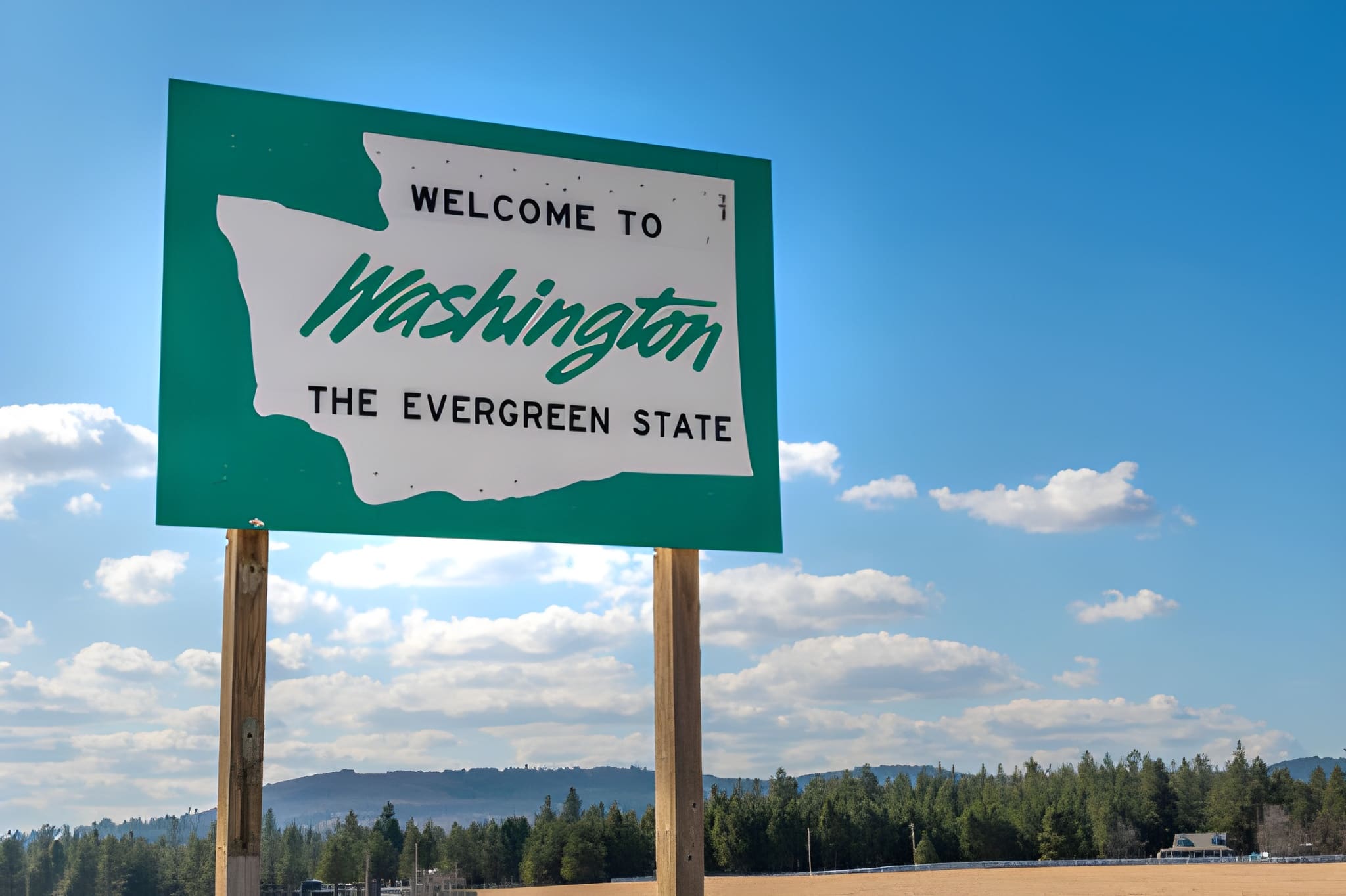By Michael Bernard.
State and local jurisdictions have increasingly turned to introducing new fees as they continue to hunt for additional revenue in response to federal COVID funding drying up and borrowing becoming prohibitively expensive. And while fees aren’t exactly sales and use taxes, they do greatly increase compliance complexity for indirect tax teams.
In our 2023 Mid-Year Rates and Rules Report, we noted that environmental “green” fees have grown substantially over the past several years and that trend continues. But before we get into that, it’s necessary to understand what a fee really does. The Tax Foundation defines a fee as “a charge imposed by the government for the primary purpose of covering the cost of providing a service, directly raising funds from the people who benefit from the particular public good or service being provided.”
A good example of this would be a toll road. Anyone driving on a highway like the Pennsylvania Turnpike has to pay a toll to use the road. The money collected by the state is meant for upkeep and maintenance of that road. Recently, jurisdictions have been standing up environmental fees. These aren’t as direct a correlation as the toll road example. Instead, this type takes funds raised from fees on items such as plastic bottles and puts that money into projects meant to help the environment.
So far this year, states including Maryland, Maine, Oregon, Colorado and California have enacted legislation that attaches new environmental fees to plastic, paper, glass and metallic packaging materials. Vertex solutions currently support upwards of 1,000 different fees, the majority of which are “green”.
But governments have been getting creative in the last few years, coming up with new fees, like airport and retail delivery fees. Following Colorado, Minnesota created a new retail fee that requires retailers and marketplace providers making deliveries of “tangible personal property” to customers in the state to remit a $0.50 fee on each transaction that amounts to $100 or more. The rule exempts some retail deliveries including prepared food and prescription drugs as well as some small businesses and marketplace providers.
A big challenge of the Minnesota law, which is set to go into effect in July 2024, is how businesses will integrate the fee into their operations. EY noted this in its analysis of the new fee, saying that retailers and marketplace providers will need to evaluate whether to directly pay the fee or to collect it from purchasers.
“While the law allows retailers to simply pay the fee, the fact remains that the option will either become a new cost of doing business or require retailers to raise their prices to offset the fee,” the analysis says.
Minnesota isn’t the only state to impose delivery fees on companies doing business in their jurisdiction. More than a year ago, Colorado enacted a fee on any deliveries made by a motor vehicle to a location within the state. There must be at least one item of “tangible personal property” subject to sales tax for the fee to kick in.
New legislation took effect in July that outlined exemptions for companies under a certain sales threshold. But even with that, the state has implemented seven types of retail delivery fees, each with its own rate. That means tax teams must understand which fee applies to their company to stay compliant. That adds another layer of complexity beyond the original fee.
And that seems to be the trend. Indirect tax teams are being bombarded with new sales tax, fees and other indirect taxes. They’re already grappling with record high-rate changes, putting on further strain and a higher risk of noncompliance. Even with all that added stress, these teams must stay vigilant. Regardless of the growing imposition of local tax fees, tax departments will be able to meet their regulatory obligations through the use of proper tax software.
====
Michael Bernard is V.P. of Tax Content and Chief Tax Officer, Vertex Inc.
Thanks for reading CPA Practice Advisor!
Subscribe Already registered? Log In
Need more information? Read the FAQs
Tags: Sales Tax, State and Local Taxes, Taxes




